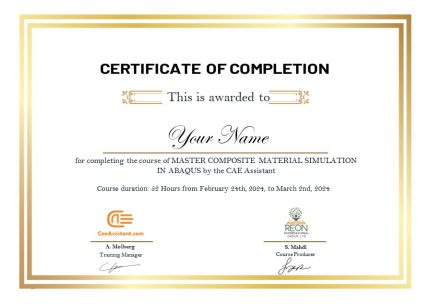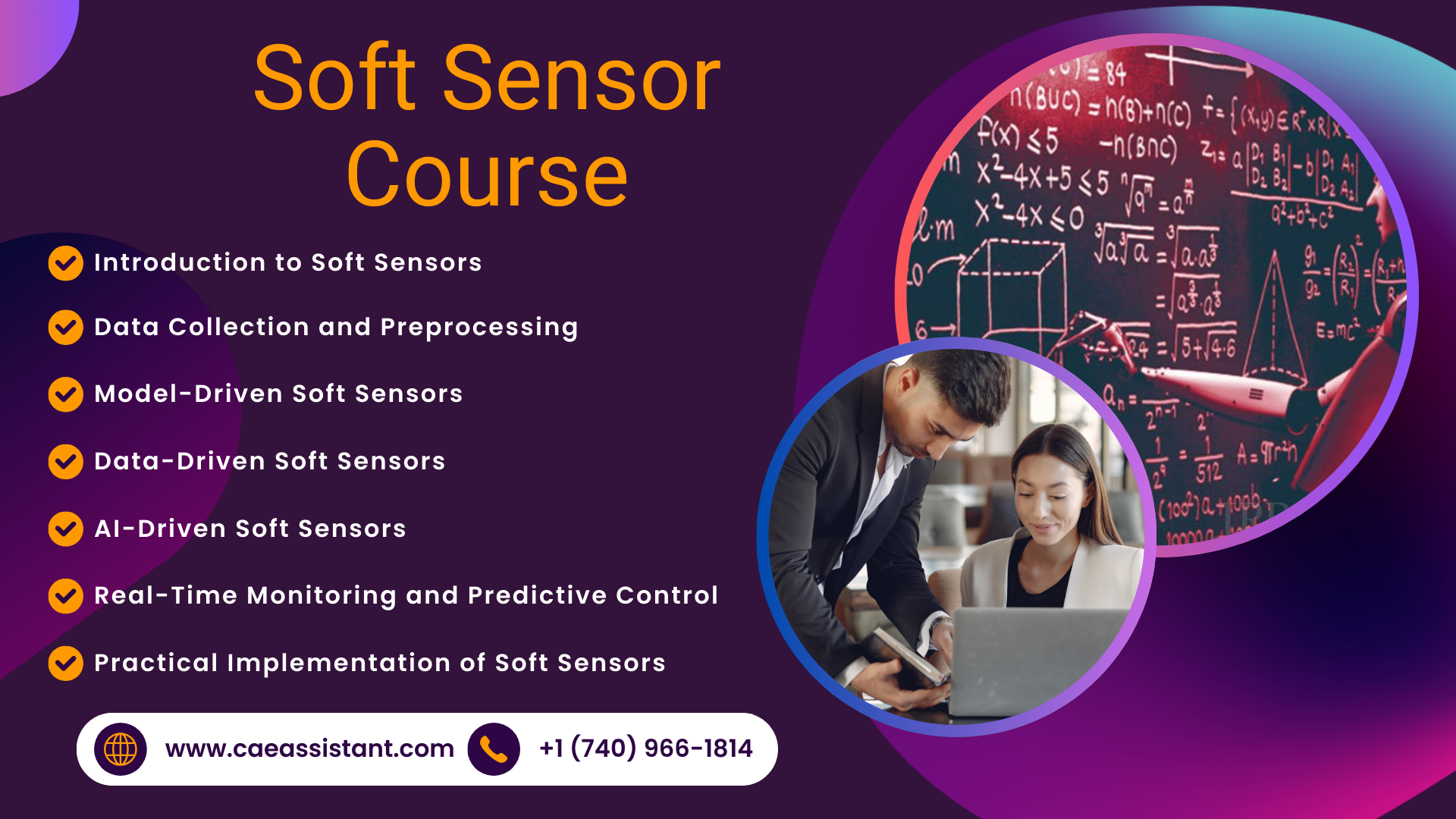Soft Sensor Course: Practical Applications in Process Monitoring
Soft Sensor Course Overview
The soft sensor course provides a comprehensive exploration of soft sensors, focusing on their role in process monitoring, real-time decision-making, and improving efficiency across various industries. Participants will learn how to develop soft sensors using a combination of model-driven and data-driven approaches, applying cutting-edge AI techniques. The course covers the entire lifecycle of soft sensors, from data collection and feature selection to deployment and continuous maintenance, including hands-on applications of soft sensors in real-world industrial processes.
Soft Sensor Course Objectives
By the end of the soft sensor course, students will:
- Understand the fundamental concepts of soft sensors, including their benefits and limitations compared to traditional hardware sensors.
- Learn to build soft sensors from scratch, using data-driven modeling techniques and AI algorithms.
- Apply advanced statistical techniques and machine learning algorithms to improve the predictive performance of soft sensors.
- Develop the skills to implement soft sensors in real-time monitoring and process control systems.
- Explore the role of soft sensors in sustainable development, reducing energy consumption, waste, and improving process efficiency.
- Gain practical experience through hands-on projects in building and deploying soft sensors for various industrial processes.
Key Features of the Course
- Hands-on Projects: Develop real-world soft sensor models, starting from data collection and preprocessing, to model training and deployment in industrial systems.
- Industry-Focused Case Studies: Explore applications in various sectors like polymer processing, oil refining, and pharmaceuticals, highlighting the role of soft sensors in sustainable development.
- Expert Lectures: Learn from industry leaders and AI experts who have developed advanced soft sensor technologies.
- Collaborative Learning: Use a virtual platform for peer interaction, group projects, and feedback on soft sensor development.
- Capstone Project: A final real-world project where participants apply AI algorithms to create and optimize soft sensors for a selected industrial process.
Course Outcomes
Upon successful completion of the soft sensor course, participants will be able to:
- Design, develop, and deploy soft sensors using both model-driven and AI-based data-driven approaches.
- Use statistical and AI-based techniques, such as Principal Component Analysis (PCA), Partial Least Squares (PLS), neural networks, and autoencoders, to build efficient soft sensors.
- Implement soft sensors in real-time for process monitoring and fault detection, ensuring optimal operational performance.
- Develop strategies for sustainable manufacturing using soft sensors by optimizing energy consumption and minimizing waste.
- Master advanced techniques like Kalman Filters, machine learning-based inferential sensors, and predictive maintenance using soft sensors.
Course Assessment
Students will be assessed through a combination of:
- Hands-on Projects: Participants will work on building soft sensors using provided datasets, focusing on real-time applications in process industries.
- Quizzes and Assignments: After each module, quizzes will test theoretical knowledge and application skills.
- Final Project: Participants will develop a soft sensor model for a specific industry application, such as monitoring the state of yeast fermentation or predicting emissions in a chemical process.
The soft sensor course provides both theoretical knowledge and practical tools to design and deploy soft sensors, focusing on real-world applications across multiple industries. It equips participants with the technical skills necessary to implement advanced soft sensor solutions using modern AI techniques.
- Overview of soft sensors and their importance in process industries.
- Distinctions between hardware sensors and soft sensors.
- Application areas and challenges in building soft sensors.
- Data collection methodologies from hardware sensors.
- Feature selection and preprocessing techniques.
- Handling noisy, missing, or inconsistent data in industrial processes.
- Introduction to tools like MATLAB for model development.
- Understanding first-principles models.
- Developing mechanistic models for steady-state operating conditions.
- Limitations of model-driven soft sensors.
- Introduction to data-driven models using historical data.
- Key algorithms: PCA, PLS, and regression models (OLS, PCR, PLSR).
- Training and validating models on real-world datasets.
- Utilizing machine learning techniques like neural networks, deep learning, and autoencoders in soft sensor development.
- Real-world case studies: AI-based soft sensor applications in the polymer processing, oil refinery, and pharmaceutical industries.
- Implementing soft sensors for real-time decision-making and control.
- Applications in predictive maintenance, process control, and optimization.
- Integration of soft sensors with existing control systems and feedback loops.
- Building soft sensors using MATLAB/SIMULINK.
- Step-by-step development of a soft sensor for yeast fermentation.
- Practical applications: Deploying soft sensors in industrial scenarios like fermentation processes, and refinery monitoring.
- Case studies of successful soft sensor implementations across various industries.
- Role of soft sensors in achieving sustainable development goals (Source 4).
- Future trends and challenges in soft sensor technology.
Our team of CAE Assistant instructors, renowned experts in their respective domains, will deliver each section of the course, providing you with unparalleled knowledge and insights.
Currently, the course instructor is being finalized, but we are committed to bringing you one of the leading experts in the field. We’re working diligently to ensure that a top researcher will be selected to develop and deliver this course soon.
The soft sensor course is designed for:
- Engineers, researchers, and professionals in fields such as process control, chemical engineering, and manufacturing.
- Data scientists and AI enthusiasts who are interested in the practical applications of machine learning in industrial settings.
- Industrial automation professionals looking to implement soft sensor solutions in their operations.
Finite Element Analysis course Certificate
Upon successful completion of this course, you will receive a course completion certificate. This certificate guarantees your skills with the amount of time spent, skills trained, and can be verified online.

First Session for Free!



